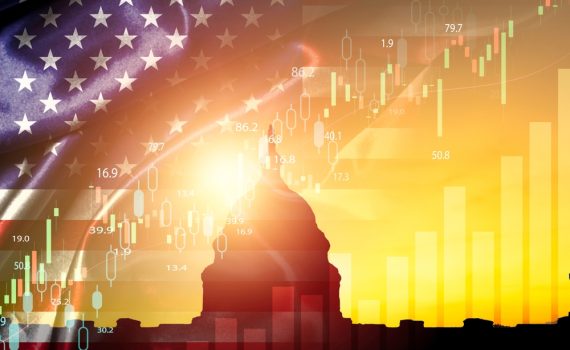After the White House nominated Fed veteran Kevin Warsh as the next Fed chair, stocks opened lower Friday. A warmer-than-expected December wholesale inflation report and concerns about a government shutdown added to bearish investor sentiment as the week wrapped up
Gerry Sparrow
Stocks posted solid gains in an action-packed week of market-moving economic data, geopolitical news, and bullish new year sentiment. By Monday’s close, the Dow Industrials had gained enough to make the “Santa Claus Rally” a reality.
A widely anticipated Federal Reserve decision on interest rates and a rotation into non-tech areas helped push the Dow Industrials higher, while the broader market and technology stocks lagged behind.
Overall bullish holiday sentiment, positive news on a handful of AI-related megacap tech names, and continued investor optimism for the Fed to adjust rates at its next meeting powered the advances.
Stocks ended mixed after a nail-biting week for investors, who grew anxious over megacap tech valuations and interest rates as the government shutdown came to an end. It takes time to get a tanker ship up and running again after a full stop.
Markets wobbled following the FOMC’s decision to cut interest rates, and Chair Powell's comments that the Fed may not adjust rates in December.
While trade tensions with China dominated the attention during the week, some bank news also captured investor interest. Stocks pushed higher last week, buoyed by strong third-quarter results posted by several money center banks.
As the midnight deadline approached for Congress to pass a continuing resolution that would temporarily fund the federal government, the prospect of a shutdown dominated market sentiment.
While widely anticipated, the real news about the cut was in the finer points made by Fed Chair in the post-meeting press conference. He said the move was essentially a “risk management” cut which confused investors a bit.
On Thursday, softer private hiring data and rising layoff trends fueled hopes of an imminent Fed rate move, with the S&P hitting a fresh record close.
Inflation continues to give mixed signals, which can unsettle investors who anticipate the Fed adjusting rates at its September meeting.
Stocks were under pressure from the opening bell on Friday as investors sorted through fresh tariff announcements from the White House, a softer-than-expected July jobs report, and mixed Q2 corporate reports.











